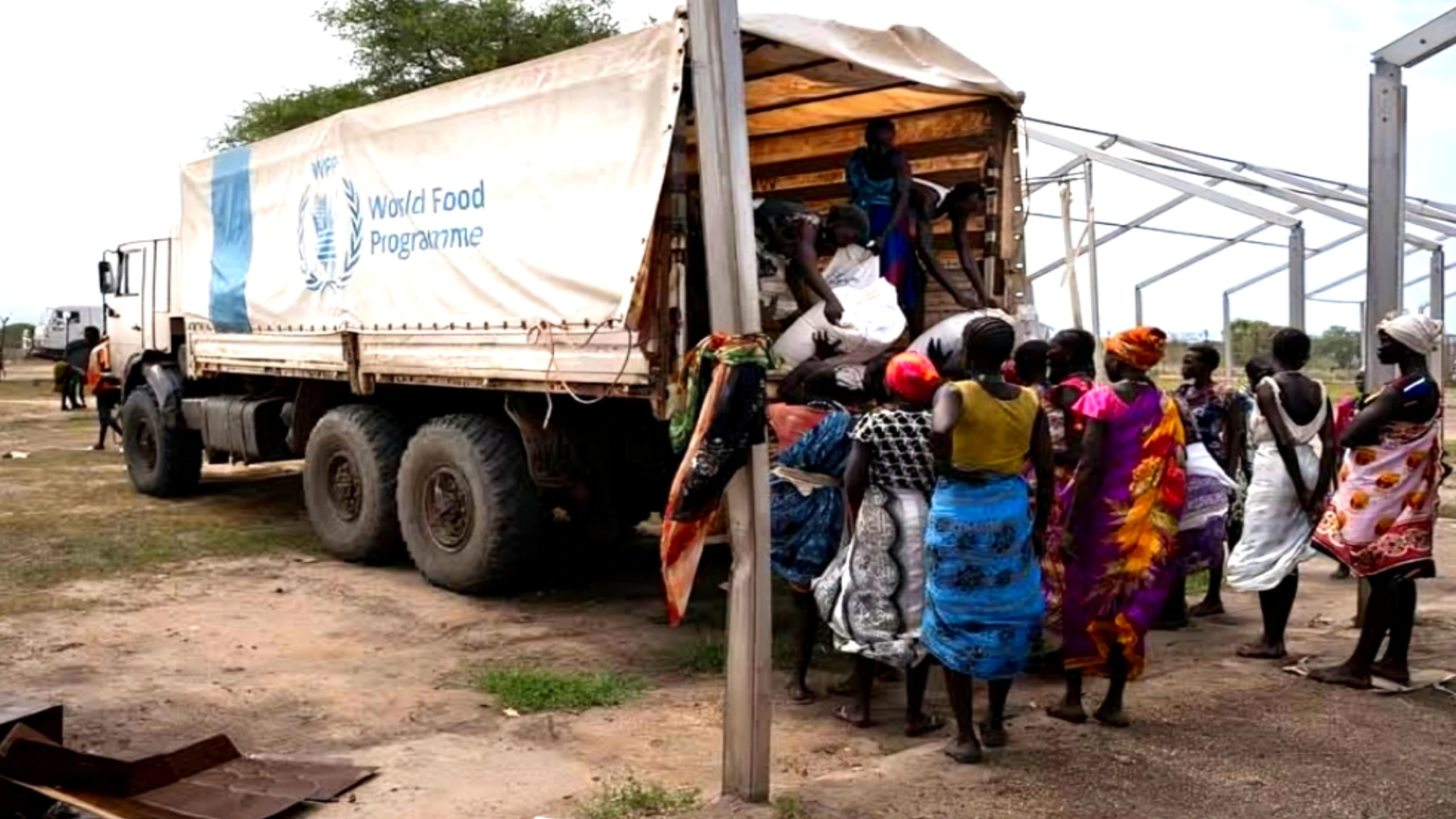Islamabad: The World Health Organization (WHO) and Pakistan’s Ministry of National Health Services (NHS) have warned that climate change is exacerbating the spread and impact of malaria across the country, where over 2 million cases are reported annually.
The warning was issued on the occasion of World Malaria Day. WHO and the Government of Pakistan have urged all stakeholders to intensify their efforts to counter the rising threat to the country and the region.
Federal Health Minister Syed Mustafa Kamal said malaria remains a significant global threat and that Pakistan is witnessing firsthand how environmental changes are increasing both the risk and the number of cases. Despite the challenges, he reaffirmed Pakistan’s commitment to eliminating the disease, calling it not just a health necessity but an investment in a healthier, fairer, safer, and more prosperous future for the nation.
Under WHO’s global theme "Reinvest, Reimagine, Reignite," stakeholders have been called upon to join large-scale efforts to eradicate malaria and support Pakistan’s initiatives to prevent setbacks due to resource limitations.
The devastating floods of 2022 led to an additional 6.6 million malaria cases between 2022 and 2024, including 2.7 million cases in 2023 alone, compared to 399,000 cases reported in 2021. Consequently, the malaria burden in WHO’s Eastern Mediterranean Region surged to an estimated 10.2 million cases in 2023, marking a 137% increase compared to 2015.
Despite these challenges, significant progress has been made over the past decade in malaria prevention and treatment. With support from WHO and the Global Fund to Fight AIDS, Tuberculosis and Malaria, Pakistan screened more than 11.4 million suspected cases and treated 2 million confirmed cases of malaria in 2024.
Furthermore, 7.8 million insecticide-treated bed nets were distributed across 22 high-burden districts, contributing to a reduction in cases from 2.7 million in 2023 to 2 million last year.
WHO Representative in Pakistan Dr. Dapeng Luo expressed pride in partnering with Pakistan to save lives through malaria prevention and treatment. He emphasized that while investments have proven effective in saving lives, climate change is increasingly undermining these achievements, posing risks not only to Pakistan but to the broader region and the world.
He stressed that malaria can be eradicated if all stakeholders invest and collaborate to strengthen the response and adapt to new threats posed by climate change.
Data from 5,575 health facilities across 80 affected districts shows that rising temperatures, recurrent floods, and other climate change-related impacts have increased malaria cases and the risk of outbreaks.
Other contributing factors include rising poverty levels, limited access to quality diagnosis and treatment, deteriorating security in Balochistan and Khyber Pakhtunkhwa, and healthcare access issues in Sindh.








